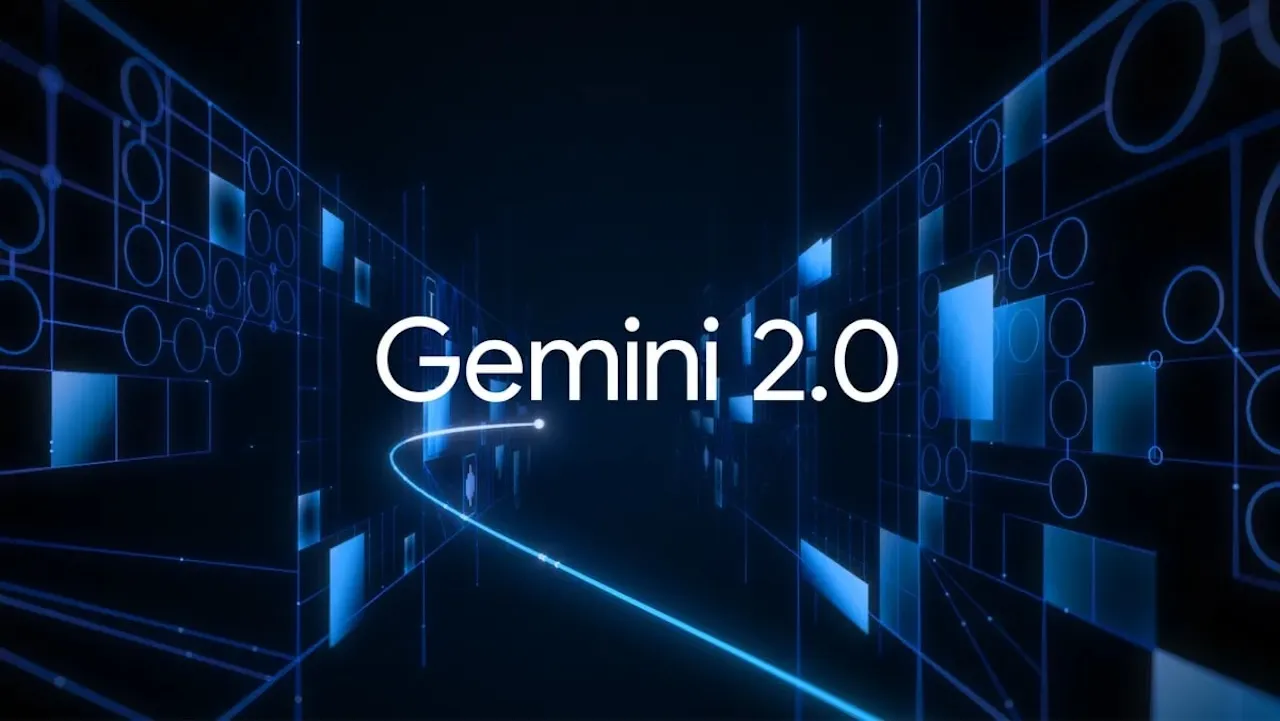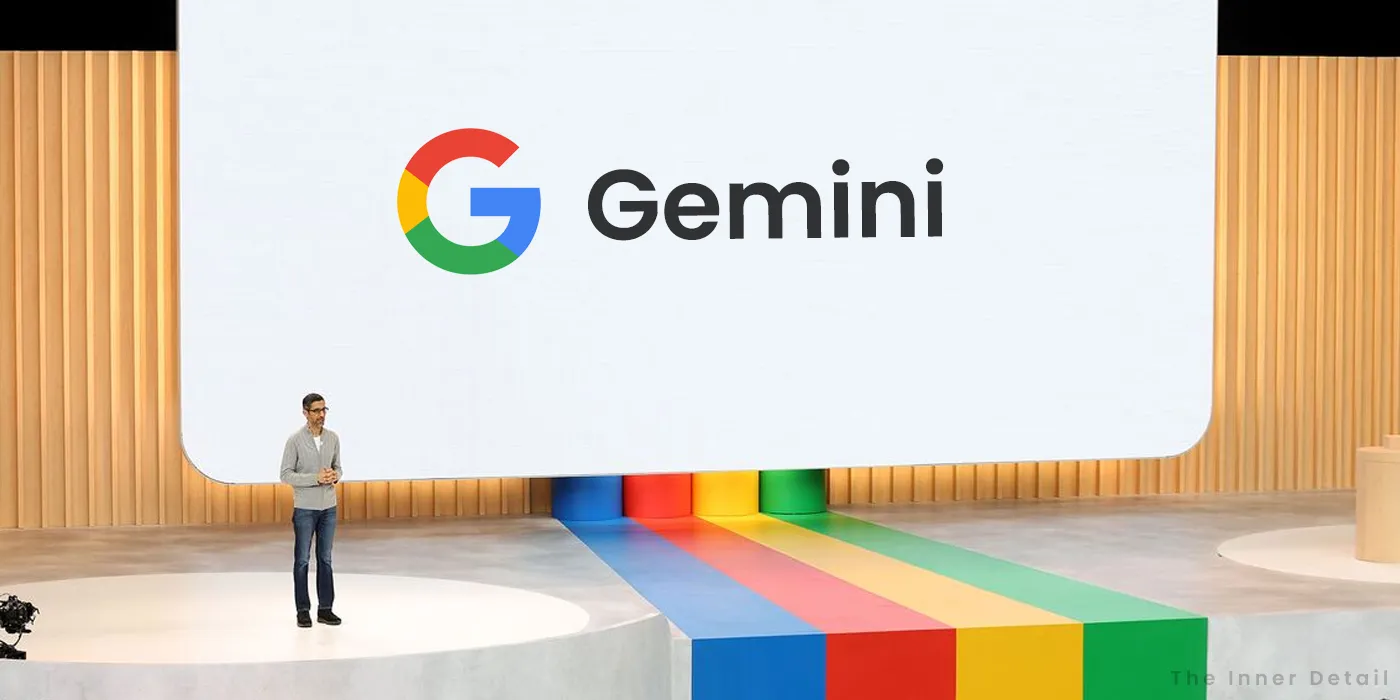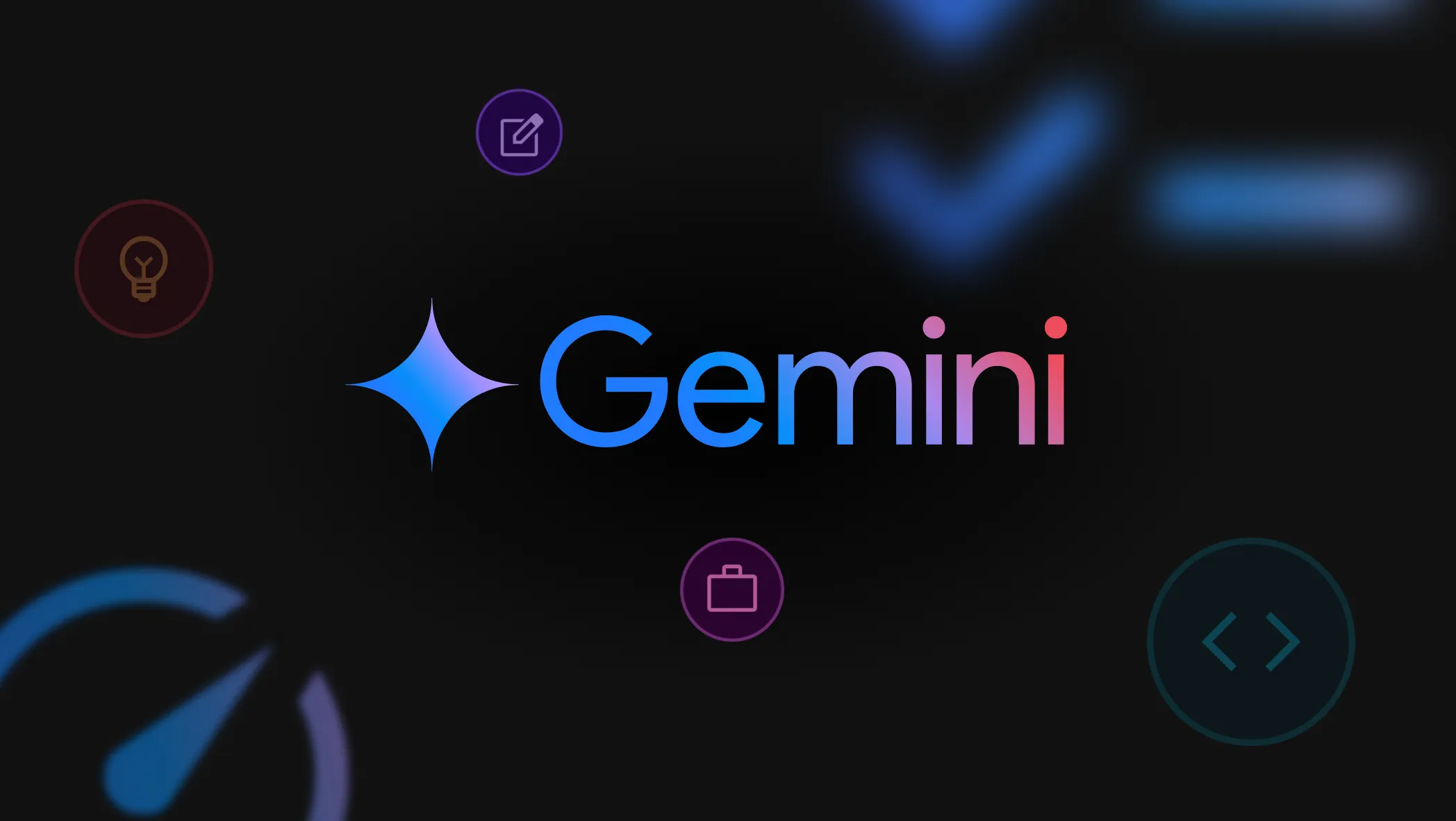
The introduction of Gemini 2.0 Flash Thinking Experimental is a significant development in the AI field. As Google’s innovative response to the challenge set by competitors like OpenAI, Gemini 2.0 is engineered to enhance how machines process and analyze information. Utilizing what is described as runtime reasoning techniques, this model aims to emulate a more profound level of thought, akin to human cognitive processes.
The Gemini 2.0 operates on Google’s AI Studio platform, leveraging advanced feedback loops and self-checking mechanisms. These features are a departure from traditional AI models, which typically rely on static algorithms. Instead, Gemini 2.0 introduces dynamic reasoning capabilities that allow it to engage in what could be considered a form of ‘digital introspection,’ enhancing its decision-making precision.

Early Feedback and Challenges
Despite its innovative framework, the Gemini 2.0 model has encountered some hurdles in initial testing phases. Noted by TechCrunch’s Kyle Wiggers, the model demonstrated challenges with seemingly simple tasks, such as accurately recognizing the number of times the letter ‘R’ appears in the word “strawberry.” This error highlights the complexities and unexpected outcomes that can arise when pushing the boundaries of AI capabilities.
The issues may be indicative of the inherent trade-offs when adopting such sophisticated AI technologies. As these reasoning models demand more computing power and time, they introduce new layers of complexity to AI operations, possibly affecting the model’s efficiency in basic tasks during its early stages.

The Broader Impact of AI Reasoning Models
The shift towards reasoning models like Gemini 2.0 signifies a broader evolution within the AI industry. Traditional AI has often been critiqued for its lack of depth in problem-solving and decision-making processes. The new generation of reasoning AIs, inspired by early 2023’s hobbyist ventures such as “Baby AGI,” aims to address these criticisms by enabling more nuanced and reflective AI behavior.
This evolution reflects a strategic pivot in the AI development landscape, as companies seek to overcome the diminishing returns of conventional scaling techniques. By embedding iterative feedback and self-evaluation, reasoning models are poised to redefine the boundaries of what AI can achieve, offering a glimpse into a future where AI thinking closely mirrors human reasoning.

Google’s Gemini 2.0 Flash Thinking model represents a bold step forward in the quest for machines that mimic human cognitive processes. While the road may be rocky, the potential benefits of such advanced AI technologies are clear. As we continue to push the boundaries of what artificial intelligence can achieve, the future looks promising, with AI models increasingly becoming partners in reasoning and decision-making processes across various domains.
